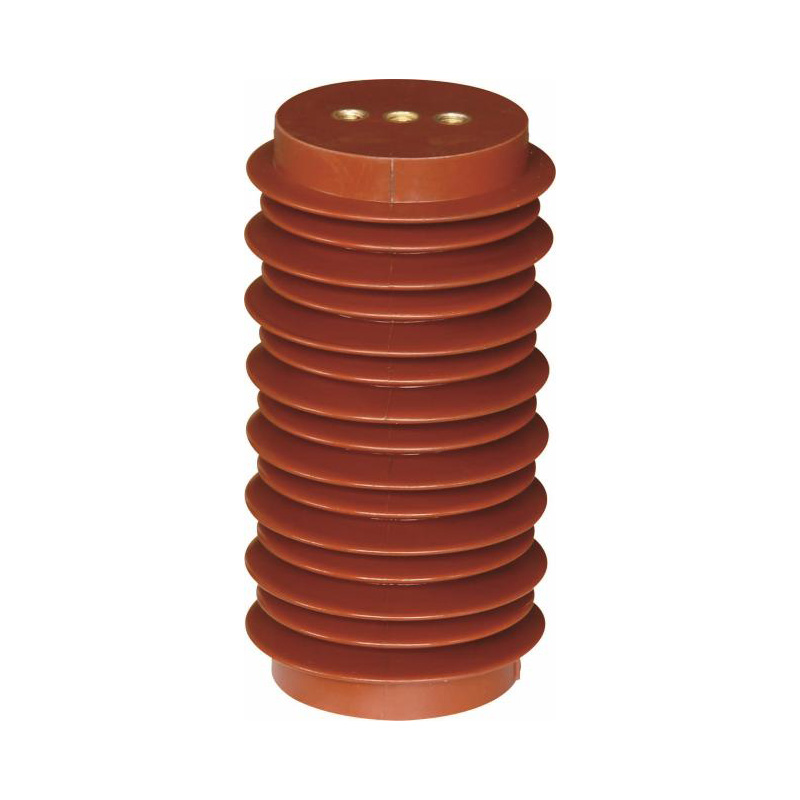High Voltage Insulators – Essential Components for Safe and Reliable Power Transmission
2025-06-12
In the world of electrical power systems, safety and reliability are paramount. One critical component that ensures the smooth and secure transmission of electricity is the high voltage insulator. Though often overlooked, these insulators play a vital role in preventing electrical faults and maintaining system stability.

What Are High Voltage Insulators?
High voltage insulators are devices designed to support and separate electrical conductors without allowing current to pass through them. They prevent unwanted flow of electricity to the ground or between conductors, thus protecting equipment and people from electrical hazards. These insulators are typically used in power transmission lines, substations, and electrical transformers.
Why Are High Voltage Insulators Important?
Electrical Isolation: They isolate live conductors from grounded structures, preventing short circuits and power outages.
Mechanical Support: Insulators physically hold power lines in place, enduring environmental stresses like wind, rain, and pollution.
Safety: By preventing leakage currents, insulators protect workers and the public from electric shocks.
System Reliability: Good insulation reduces maintenance costs and improves the lifespan of electrical infrastructure.
Types of High Voltage Insulators
Pin Insulators: Mounted on poles, supporting overhead power lines.
Suspension Insulators: Used for higher voltage lines, hanging conductors and allowing flexibility.
Strain Insulators: Handle mechanical tension in lines, often used in dead-end poles.
Post Insulators: Used in substations and switchgear to isolate equipment.
Shackle Insulators: Typically used in low-voltage applications but sometimes adapted for higher voltages.
Materials Used
Porcelain: Traditional and widely used for its durability and insulating properties.
Glass: Offers good insulation and allows visual detection of damage.
Composite (Polymer): Lightweight and resistant to vandalism and pollution; increasingly popular in modern installations.
Factors to Consider When Choosing High Voltage Insulators
Voltage Rating: Must match or exceed the system’s voltage requirements.
Mechanical Strength: Should withstand environmental forces like wind and ice loads.
Environmental Conditions: Consider pollution levels, humidity, and temperature extremes.
Maintenance Needs: Some materials require less upkeep and are more resistant to damage.
Maintenance and Inspection
Regular inspection of high voltage insulators is essential to detect cracks, contamination, or wear that can compromise their performance. Cleaning and timely replacement help prevent failures and outages.
Conclusion
High voltage insulators are indispensable for ensuring safe, reliable, and efficient power transmission. Choosing the right type and material suited for specific applications can significantly enhance the performance and longevity of electrical networks. As the demand for electricity grows, investing in quality insulators will continue to be key to powering our world safely.


